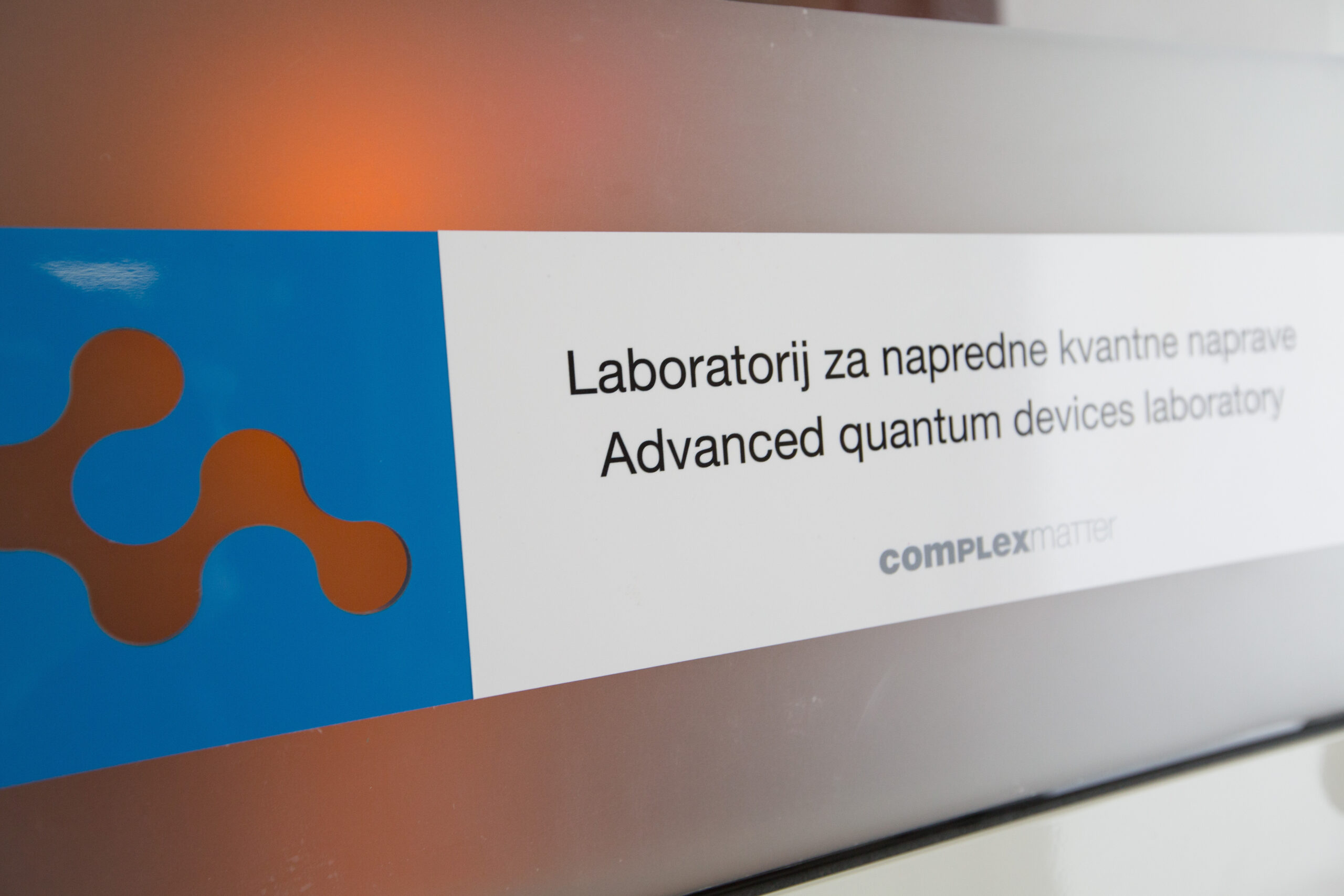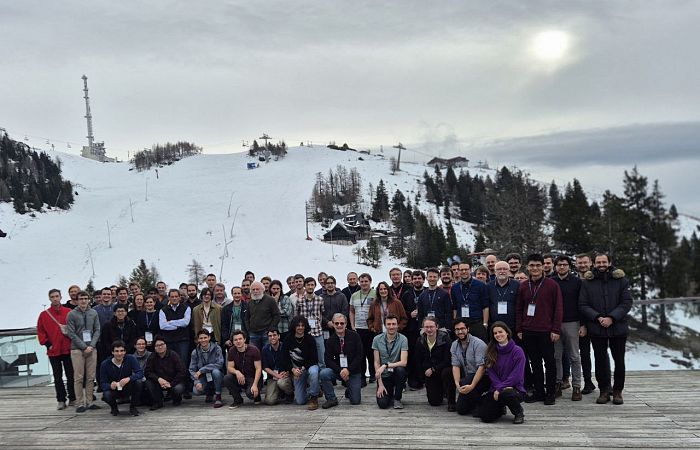This talk will explore in an experimentally accessible system how complex classical physics with frustration evolves into the quantum realm. We will explore this question in Josephson junction arrays using hybrid 2D semiconductor-superconductor hybrids, which allow gate-voltage control of Josephson coupling. Connections to the superconductor-insulator transition, anomalous metals, and topologically protected qubits will be considered. Note: this talk is about experiments.
On the website, we only use cookies that are permitted in accordance with the ZEKom-1 law. Only cookies that are absolutely necessary for the operation of this website are used. To record page visit statistics, we use a system that only records the session cookie and does not track your further behavior on the website or in connection with other sites. By continuing to use this website, you agree to the use of the described cookies.

